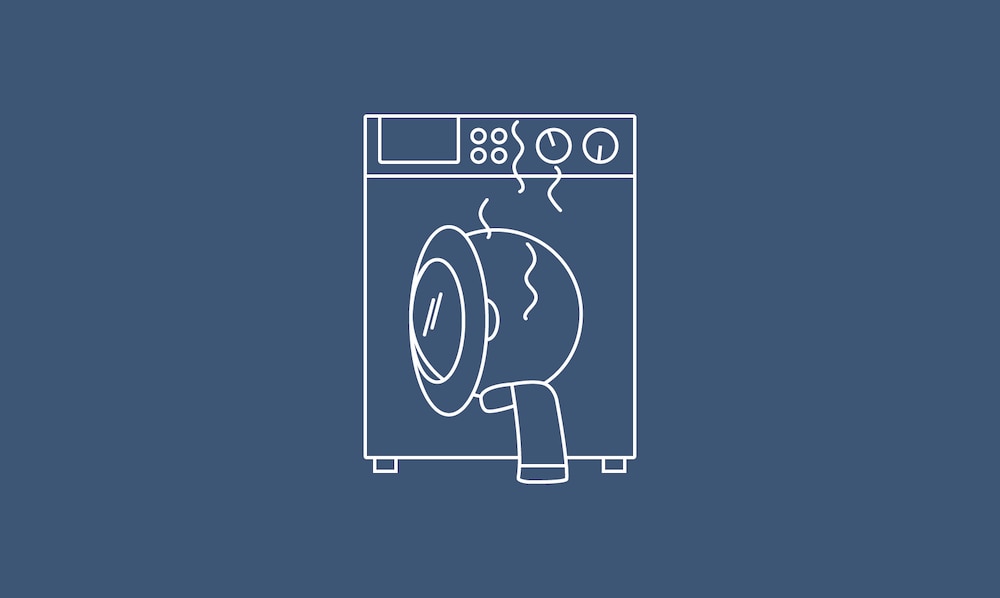Does Sweat Smell Explained
Some people seem to think that sweat has a naturally unpleasant smell, while others find it simply salty or neutral. However, there are a few factors that can affect the way sweat smells. For example, if you eat spicy food, the compounds in the spices can be released through your sweat, making it smell stronger.
Similarly, if you smoke cigarettes, the smell of nicotine and other compounds will be present in your sweat. In general, though, sweat itself is not inherently smelly. It's only when it comes into contact with bacteria on the skin that it can start to develop an odour. So if you're worried about how to manage sweat, make sure to keep your skin clean and dry.
Does sweat smell?
Sweat doesn’t smell. It’s a clear, odourless liquid mostly made up of water, salt, proteins, and oils. The smell that we call ‘body odour’ is actually caused by bacteria.
Our body is home to millions of harmless bacteria that help the skin’s natural defenses. They survive and grow in moist, humid, and nutrient-rich environments – just like our armpit areas. Bacteria feed on our sweat and metabolise it, producing by-products that have a very distinctive smell – like vinegar, cheese, or onion.
What causes body odour?
What causes body odour – or BO – are the excretions from the bacteria that feed on your sweat. This is a totally natural process that starts during puberty. When does sweat smell? It generally happens when the sweat comes into contact with bacteria on the skin.
How to prevent smelly sweat?
Smelly armpits and bad body odour aren’t harmful to your health, but we all know they can sometimes cause embarrassment. Making a few changes to your daily routine can improve your body odour.
Make sure to shower at least once a day, and use an antiperspirant deodorant like Shield to stay dry and fresh. Wear clean, fully dry clothes and change them regularly to stop the build-up of dry sweat or sweat patches. This can help with body odour prevention and overall sweat management. Keeping your body clean and dry will help reduce the bacteria that lead to unpleasant smells.
Discover more about how to prevent body odour
FAQs
Why does the food we eat influence the smell of our sweat?
The food we eat can affect the smell of our sweat because certain foods release specific compounds when metabolised by our body. For instance, spicy foods contain compounds that, when excreted through sweat, can lead to a stronger odor. Consuming foods with strong scents like garlic, onions, or curry can also change the way our sweat smells as these foods release certain oils or chemicals that get passed through our sweat. This is a key factor in when sweat smells.
Is there a difference between regular deodorants and antiperspirants like Shield in combating smelly sweat?
Yes, there is a difference. Regular deodorants primarily mask or neutralize the smell caused by bacteria breaking down sweat. On the other hand, antiperspirants like Shield work by reducing or blocking the sweat you produce, limiting the amount of sweat that bacteria can feed on, which in turn reduces the chance of developing body odour. This is particularly important for those concerned about how long it takes for sweat to smell.

